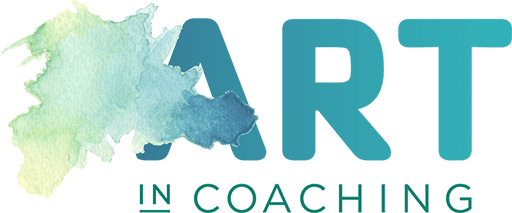In my previous post, New Decade, New Challenges, I wrote about how we are starting to experience at a deeply personal level the impacts of the changing face of the world, from the environmental crisis through to the changing political landscape, including Brexit. These challenges are already needing us to think and act differently, taking us out of our norms and perhaps having to adjust very quickly. These challenges are also making many of us question ourselves, what we think, say and do; wondering if what we are doing is ‘good enough’, right or sufficient. We may even question if we can really make a difference. They can challenge the very core of us – who we are, what is important to us and even our purpose and meaning in life. These existential threats can be very difficult to manage and may cause us to experience, either consciously or unconsciously:
- Our core values being challenged and dishonoured
- Finding ourselves at odds with those we love and care about
- No longer feeling in control as the scale and impact of the challenges emerge
- Feeling hopeless, impotent and lost
- Not feeling heard or represented
- Feeling disconnected and questioning where we belong
- Feeling guilt or shame as we can’t make the choices we want to make that matches our sense of self
On top of this we (both ourselves and our clients) may find it near impossible to articulate what we are experiencing and, as a result, not be able to move towards a positive, purposeful and confident sense of self that gives us true purpose and meaning in the new world that is emerging. It can be destabilising, stressful and lead to negative feelings about ourselves and the world we live and work in.
Creating a coaching space
 We need to be able to offer our clients a safe and supported space to reflect, raise and work on what is coming up for them. Most importantly it needs to be a space where they can start to uncover and understand what they are experiencing. Art Based Coaching enables our clients to hold all of what is going on for them in a safe and supported space through image making. Clients can express their unconscious and conscious experiences through the physical process, and non-verbal language of creating their images. The externalised image gives our clients something tangible to start to work with – something that they can see, touch and start to talk about. Their image can hold the whole of what is going on for them in all its complexity.
We need to be able to offer our clients a safe and supported space to reflect, raise and work on what is coming up for them. Most importantly it needs to be a space where they can start to uncover and understand what they are experiencing. Art Based Coaching enables our clients to hold all of what is going on for them in a safe and supported space through image making. Clients can express their unconscious and conscious experiences through the physical process, and non-verbal language of creating their images. The externalised image gives our clients something tangible to start to work with – something that they can see, touch and start to talk about. Their image can hold the whole of what is going on for them in all its complexity.
Managing ourselves
For us to be able to work at our best with our clients in this area of complexity, it is important that we also address the impact that these world issues are having on us and our own responses to them. Whether we do this through coaching, supervision or both, we need to ensure we are congruent and honest in our coaching spaces.


3 comments on “Questioning the very core of us”